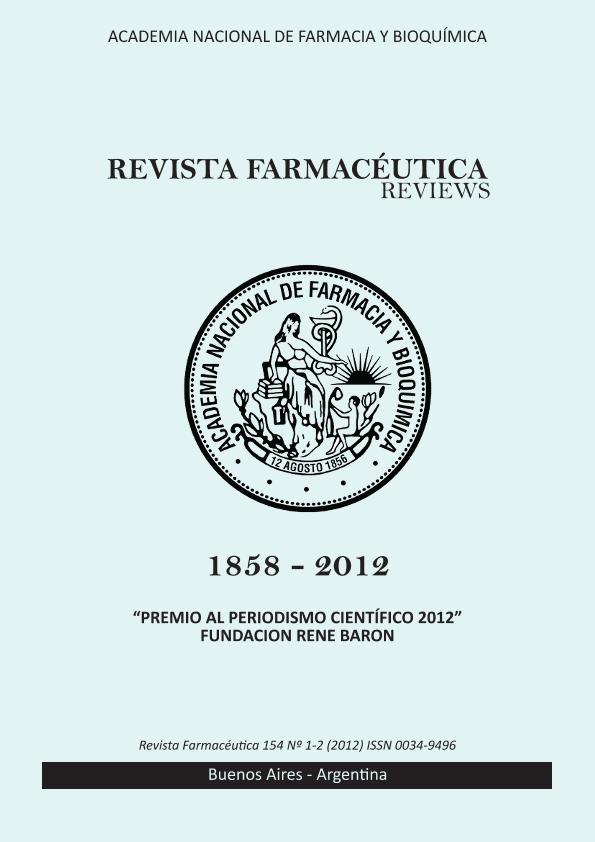Artículo
El concepto de reserva cerebral y cognitiva (RCC) fue establecido con el objeto de explicar por qué y cómo ciertos individuos, pese a estar afectados por una patología cerebral, no expresan las alteraciones cognitivas que normalmente se asocian con dicha patología, en comparación con otros que con igual grado de afectación patológica sí lo hacen. La RCC puede ser considerada como una capacidad del cerebro adulto que le permite reducir o compensar la sintomatología clínica cognitiva de la enfermedad. Gran parte de los conocimientos acerca de la RCC provienen de los estudios realizados en pacientes con Enfermedad de Alzheimer y también serían aplicables a otras condiciones neuropsiquiátricas y al envejecimiento. Sus bases neurobiológicas no se encuentran totalmente establecidas, aunque se acepta que existe un componente neuroanatómico (densidad sináptica e interconectividad neuronal) relativamente pasivo (reserva cerebral) y un componente funcional activo (e ciencia de circuitos y redes neuronales) implicado en forma directa o indirecta en los procesos cognitivos (reserva cognitiva) Ambos componentes son complementarios. Se conocen diversas variables que se asocian con una mayor RCC humana: cociente intelectual, años e intensidad de la educación formal, ocupación, actividad física, estimulación cognitiva, ocio constructivo, bilingualismo, etc. La RCC humana puede ser modelada parcialmente en los animales de laboratorio, sometiendo a éstos en distintos períodos de su desarrollo a un ambiente enriquecido. La idea de potenciar las funciones cognitivas (atención, aprendizaje, memoria, selección y toma de decisiones) mediante el empleo de psicoestimulantes (anfetaminas, metilfenidato, modafinilo) por parte de individuos sanos, ha sido propuesta como un sucedáneo farmacológico de las actividades naturales que in uencian a la RCC. Los alcances y limitaciones de estas drogas conocidas como “inteligentes”, no son conocidos y plantean, al menos, una “disonancia ética”. The concept of brain and cognitive reserve (BCR) is widely used to explain why and how, in the face of neurodegenerative changes (and several others neurological and psychiatric conditions) that are similar in nature and extent, individuals vary considerably in the severity of their cognitive performance. That is, BCR as a feature of brain structure and function modiles the relationships between brain pathology and cognitive performance. Brain reserve generally refers to the structural neural substrate (synaptic density and neuronal interconnectivity) that supports cognitive functions, whereas cognitive reserve refers to a functional active component based on the e ciency of neural circuits and networks. The brain reserve and cognitive reserve concepts are not mutually exclusive. Intellectual quotient, education, occupation, complex leisure behaviors, cognitive stimulation and physical activity, has been shown to strengthen BCR. The human BCR may be partially modeled housing laboratory animals in enriched environments. Many stimulants medications (amphetamines, methylphenidate, modafinil) used to treat psychiatric and neurological conditions also improve cognitive performance of the healthy. These drugs are named “cognitive enhancers” or “smart drugs”. There is not enough information about the long-term efects, on healthy individuals, of these drugs, since them can have serious side actions. The use of cognitive enhancing drugs raises several ethical questions.
La reserva cognitiva y cerebral
Título:
Brain and cognitive reserve
Fecha de publicación:
06/2012
Editorial:
Academia Nacional de Farmacia y Bioquimica
Revista:
Revista farmacéutica
ISSN:
0034-9496
Idioma:
Español
Tipo de recurso:
Artículo publicado
Clasificación temática:
Resumen
Archivos asociados
Licencia
Identificadores
Colecciones
Articulos(OCA HOUSSAY)
Articulos de OFICINA DE COORDINACION ADMINISTRATIVA HOUSSAY
Articulos de OFICINA DE COORDINACION ADMINISTRATIVA HOUSSAY
Citación
Baratti, Carlos Maria; Boccia, Mariano Martín; Blake, Mariano Guillermo; Krawczyk, María C.; La reserva cognitiva y cerebral; Academia Nacional de Farmacia y Bioquimica; Revista farmacéutica; 154; 1; 6-2012; 82-92
Compartir




